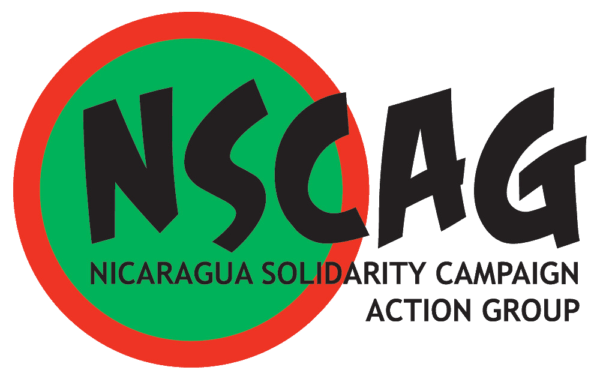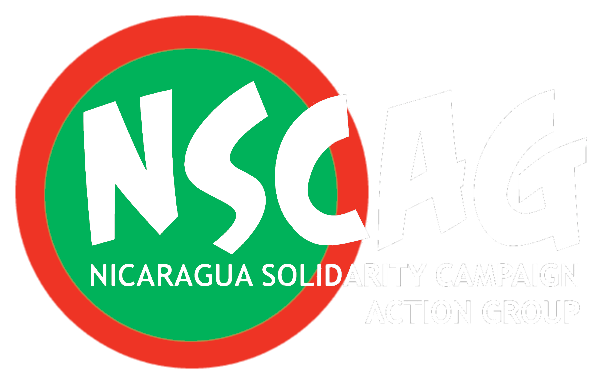Nicaragua Solidarity Campaign Action Group
8 November 2024
UK – Nicaragua trade union solidarity through teacher exchanges
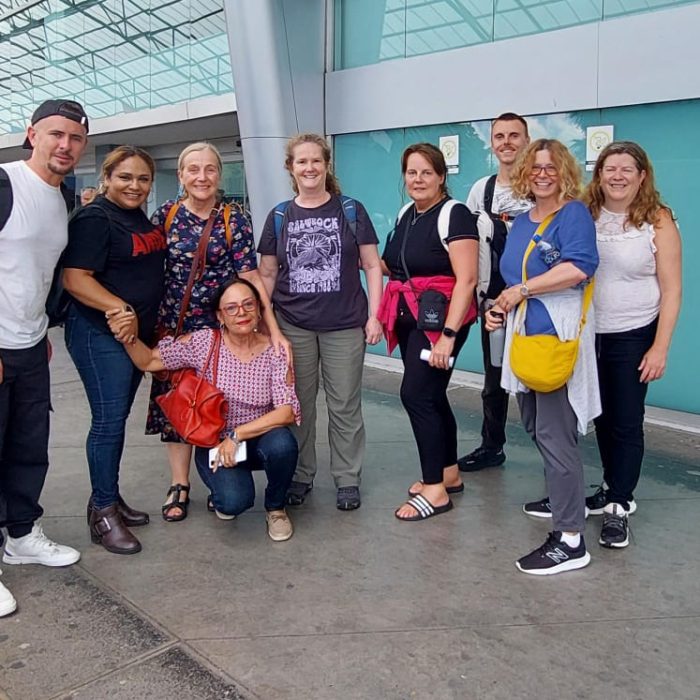
Delegation of National Education Union (NEU) second language teachers from the UK arrives at Augusto Cesar Sandino airport in Managua on 8 August where they were met by ANDEN officers Bernarda Lopez and Indiana Lopez.
A joint project based on two-way international solidarity
This exchange, that started in 2017, is part of a joint project between the National Education Union (NEU), who have sponsored the visits, Nicaraguan teachers’ union ANDEN and NSCAG.
The reason for setting up the project was to provide practical solidarity with Nicaragua, an opportunity for teachers in both countries to exchange information and methodologies on the teaching of second languages as well as learning about their respective cultures and traditions.
The first exchanges between UK teachers of Spanish as a second language and Nicaraguan teachers of English as a second language took place in 2017, with a group of UK teachers visiting Nicaragua. This was followed post COVID with visits in 2022 and 2024; a further visit is planned for 2026.
A group of Nicaraguan teachers visited the UK in 2023 and a representative from ANDEN visited the UK in October this year. A group of Nicaraguan teachers will be invited to the UK in 2025.
The following article is based on a report of the National Union of Teachers (NEU) language teachers’ delegation to Nicaragua 8-20 August 2024 compiled by Julie Lamin who was group leader. Our thanks to delegation members who provided the photos.
Why English language teaching is a flagship programme in Nicaragua
At an event at the Ministry of Education (MINED) the delegation was warmly welcomed by the Director Generals for Primary and Secondary Education, Cristian Danilo Cerda and Melba López Montenegro and Jose Antonio Zepeda, General Secretary of ANDEN.
Jose Antonio explained how education was progressing, particularly with regard to the government’s flagship English-teaching programme.
This programme seeks to create, from the current cohort of secondary-aged pupils, the country’s first bilingual generation. As in the UK, bilingualism and the associated skills gained through the study of a second language, are attractive to employers.
The ability to communicate well in English will help Nicaraguan young people gain higher-paid jobs, including in the growing tourism sector, aiding economic and social development and achieving one of the Sandinista government’s main targets: to reduce poverty.
In addition, the new bilingual generation can help build national unity and identity, integrating the sizeable English-speaking minority based on the Caribbean coast with the Spanish-speaking majority. on the Pacific Coast.
How the trip was organised
The group was divided into subgroups, each to be hosted in three regions – Juigalpa, Esteli and Matagalpa – by ANDEN representatives.

To make sure each of the regions would receive a similar experience from their visit the group spent time in Managua before going to the regions discussing effective classroom practice, planning pedagogical workshops and sharing out the many educational resources brought, including letters from students in the UK to be shared with Nicaraguan students.
As with previous exchanges, teachers stayed in the homes of ANDEN teachers and their families and were taken to schools and meetings as well as doing some local sightseeing.
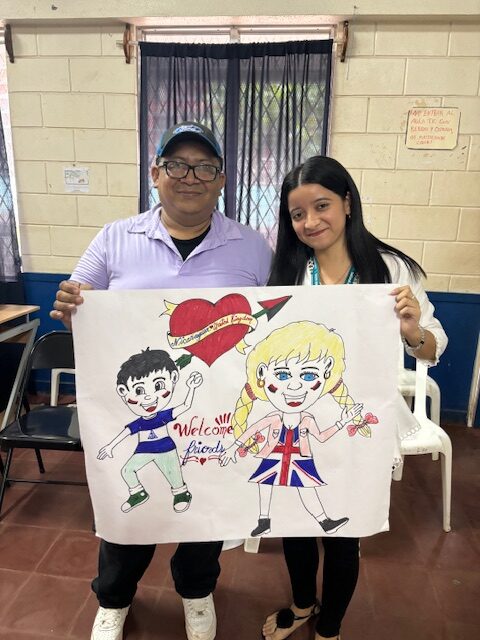
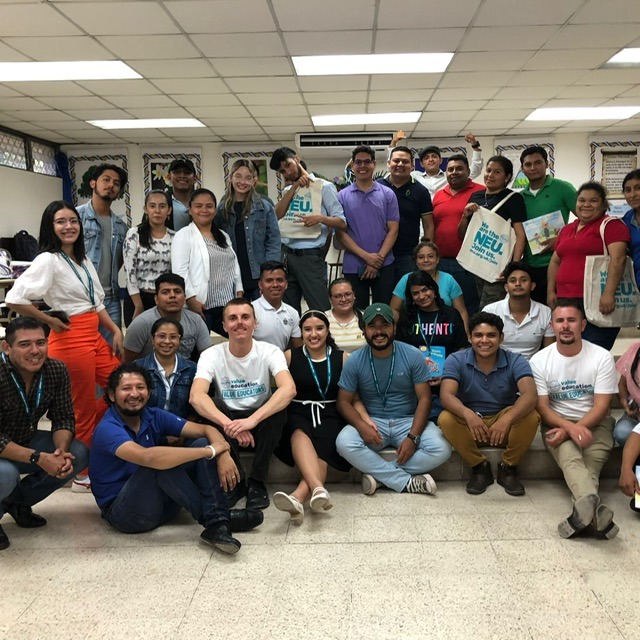
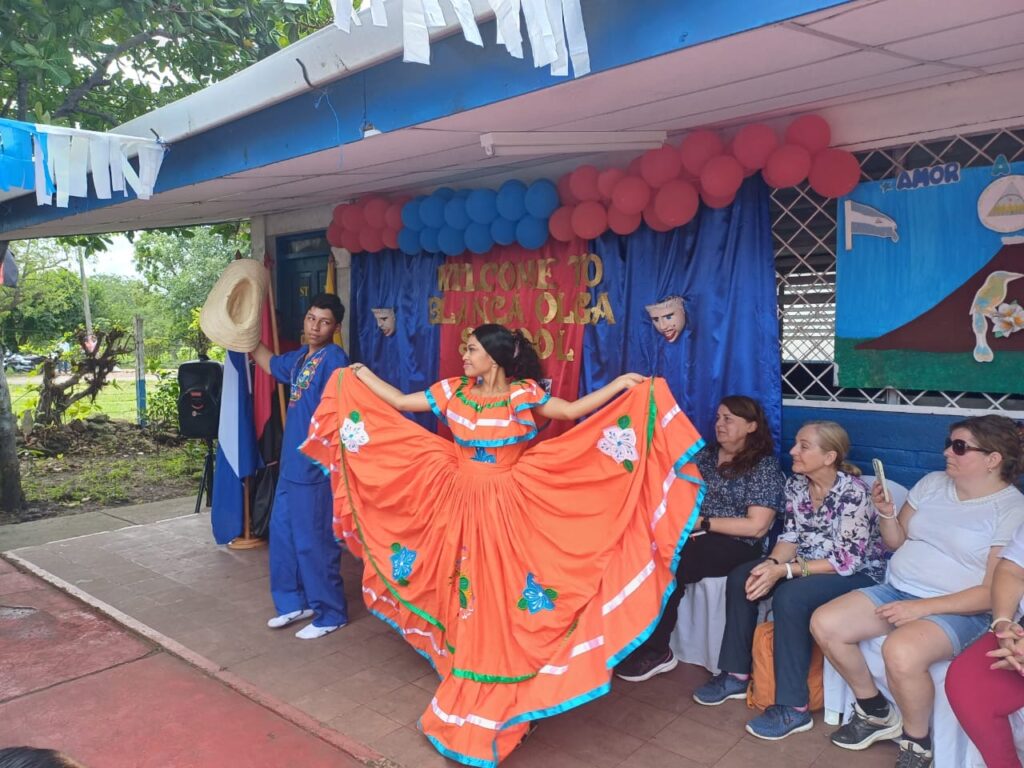
In the three regions, delegates received the warmest of welcomes wherever they went. Delegates were treated to student performances of traditional Nicaraguan dances, poetry recitals of national poet Rubén Darío, instrumental music and songs in English, to not only show pride in Nicaraguan culture but also its central place in the curriculum.
A representative visit to schools was an introduction to key staff and an assembly at which the Nicaraguan national anthem was played and sung, followed by the Himno al Alfabetización, an anthem celebrating the success of the 1980-1 national literacy brigade in which illiteracy was reduced from over 50% to less than 10%. This represented the beginning of the Sandinista commitment to lifelong free education. Sometimes the UK national anthem was also played.
ANDEN colleagues emphasised that this was an NEU delegation and that it was the teachers and their unions who made this exchange possible. They also said that ANDEN and MINED ensure progress in education whether in English or any other aspect. Nicaraguans grow up aware that trade unions are a necessary part of progress, not only in education, but in all walks of life.
The visits also demonstrated what Nicaragua is achieving in education, schools, teaching and resources available, compared to the neo-liberal years, 1990 – 2007, when public education scarcely existed.
Following welcome speeches, the UK teachers were asked to speak, which helped to strengthen UK-Nicaragua solidarity, and our shared commitment as educators and trade unionists.
In all regions, delegates observed lessons in all school settings, some rural, some urban. (Nicaragua is essentially a rural country). Due to the shortage of school buildings, most schools have two ‘turnos’: primary school children attend from 7am to 12.30, when they eat a nourishing school lunch and then go home; secondary school students then arrive for their afternoon session
Sharing second language teaching experiences and resources
For both secondary and primary English teaching there is a national curriculum with supporting text books. However, as some of the children are very young and not yet able to write, primary teaching of English continues to be mainly through songs and games.
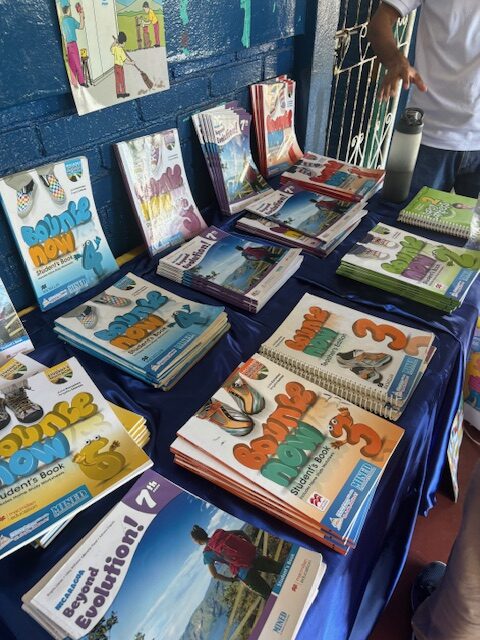

Teachers are increasingly confident and adept at creating exciting resources and using them effectively. Lessons are varied. Secondary lessons provide a range of activities to practice the different language skills of reading, listening, speaking and writing.
Advisory teachers are drivers and coordinators of progress. They emphasised the importance of active and practical learning– and this was an area they hoped the UK teachers could help with.
As part of these regular training sessions the NEU delegates provided professional development workshops to around 40 teachers from schools across their region aimed at giving them more tools and ideas to use in their own classrooms.
In addition, delegates visited teacher training institutions, to observe and support the work already being done. The fact that so much is achieved with a fraction of the resources and facilities in the UK was impressive.
Despite this success, the teachers recognise there is room for improvement, are driven to develop their teaching of English, and welcome suggestions and ideas.
The UK teachers distributed educational resources donated by their school colleagues or purchased themselves, with recommendations as to how the resources can be used to promote further learning in English.
Resources provided by the NEU were shared out to leave a lasting footprint of NEU support for the exchange.
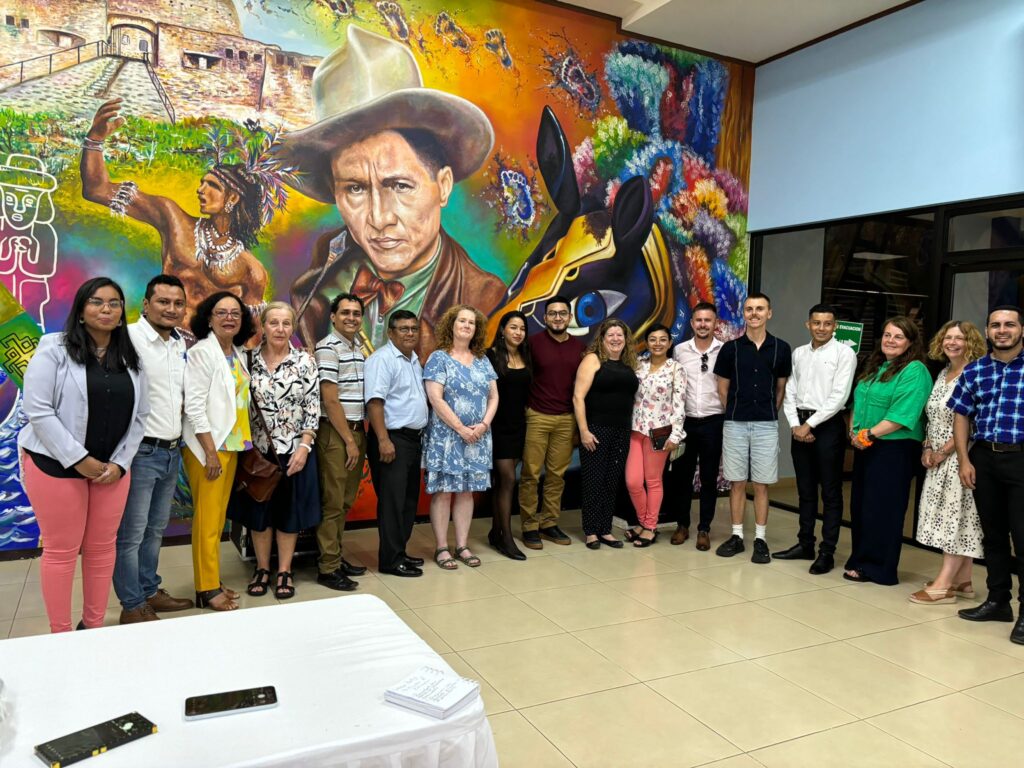
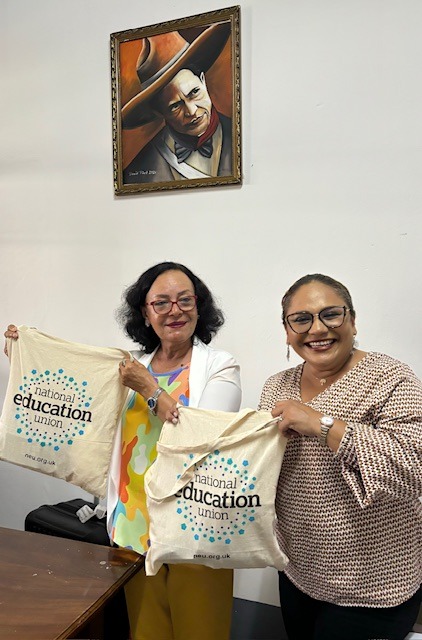
Delegates were impressed by the ability and confidence of students, some as young as nine or ten years old, to converse in English. At several schools, groups of committed, enthusiastic learners asked and answered a range of questions in English.
Holistic education in the context of communities
In addition to observing the teaching of English, the delegation learnt about the wider context of schools and education.
Schools operate as communities, with extensive parental involvement, particularly in cooking and serving primary school lunches.

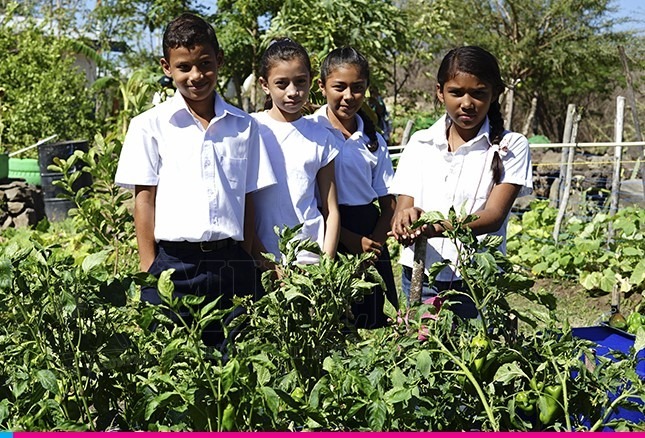

The Ministry of Education provides the main ingredients for school lunches – corn, oil, rice and beans. These are supplemented by vegetables from school gardens.
Students also play an active part in caring for the school environment, taking turns to sweep and mop classroom floors at the end of the session and work in the school vegetable garden. These activities are part of the curriculum.
Classrooms are basically furnished and decorated, with limited technology, but teachers use their own phones inventively and all sorts of materials imaginatively to create resources and games.
Growing food on dedicated school land is part of the curriculum. Children work in the fruit and vegetable gardens, and the produce goes towards making the meals. The garden is a learning resource for teaching other subjects through gardening, especially maths and literacy.
Why Nicaragua has Saturday schools
Nicaragua is essentially a rural country and can be proud of its over 90% food sovereignty achieved through extensive government support for creating effective food production through small scale farmers, co-operatives and private ownership.
The national focus on healthy food production impacts on education in that children are generally well-nourished. To support the rural communities where children live in remote areas, and where older children work alongside their families, Nicaragua’s Saturday schools provide regular education which in some cases can lead to university study in the rural locality through the government technical training institute INATEC.
How schools and ANDEN members in Masaya were affected by the 2018 attempted coup
After leaving the regions the delegation visited Masaya where they met ANDEN delegates who described the terror and devastation of the 2018 attempted coup when the ANDEN building and next-door town hall were set on fire and destroyed, as were schools and other public buildings.

NEU – ANDEN, a powerful example of the impact of two-way international solidarity
After returning to Managua the delegation met ANDEN representatives Bernarda and Indiana and MINED representative Melkis Barrios to report back on the regional visits,
As above, the reports were overwhelmingly positive, and the bonds between Nicaraguan and UK teachers and our unions, the NEU and ANDEN, further strengthened.
The consensus of the UK delegation is that the visit was an incredible experience, and a privilege to have been selected to take part in it.
NEU delegates learnt a lot, not just about Nicaragua’s education system, but also about national and global politics, culture and the importance of international solidarity. All were reminded of the power of education, and particularly second language learning, to empower young people, allowing them to live more fulfilling and enriching lives.
Delegates commented that it was refreshing to see a government choosing to make education a priority, despite enduring economic and societal problems; has the UK something to learn here?
As language experts, the UK teachers cherished speaking lots of Spanish and being immersed in a new and at times totally unfamiliar place.

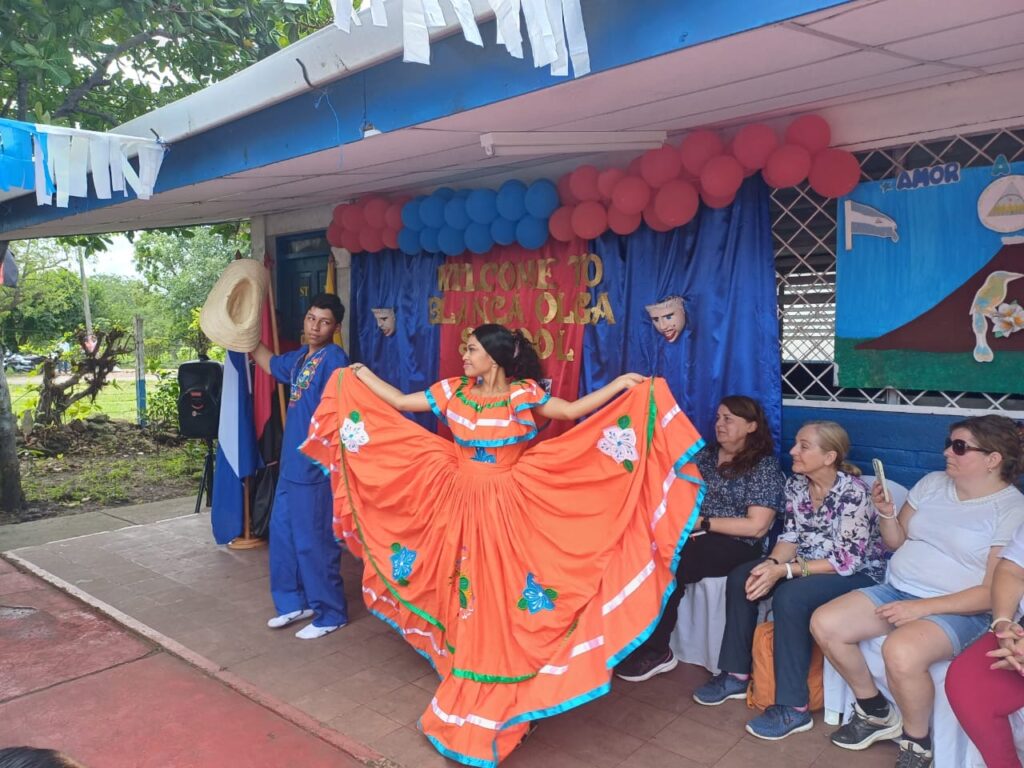
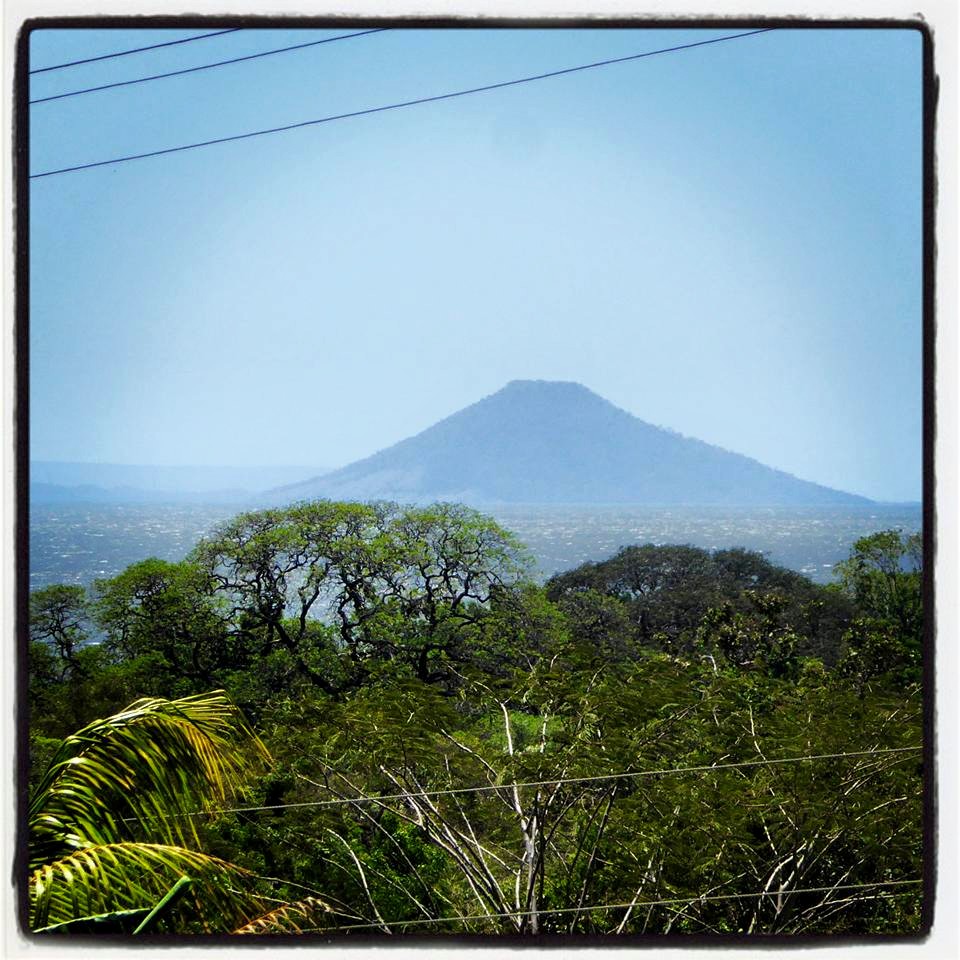
Delegates were often in awe of the country’s natural beauty and its rich cultural traditions, and inspired by its courageous and hardworking people, who have faced down dictatorships, poverty, natural disasters and political violence, to work determinedly towards creating a fairer, happier and more prosperous country for future generations.
It was also a privilege for the teachers to be representatives and ambassadors for the NEU, especially in a country that values trade unions so highly.
Comments from delegation members after their return to the UK
*When I think of Nicaragua, I feel happy and energised
*The experience was enriching, life affirming, re-energising….it made me rethink what life is about
* I was so impressed by the caring/loving holistic approach to education
* The NEU is the living embodiment of solidarity, an example that adds another dimension to trade union work
Since returning to the UK delegation members have been giving talks to their NEU districts, integrating Nicaraguan examples into their Spanish language teaching, and hosting a UK visit by ANDEN delegate Sebastian Mendieta
